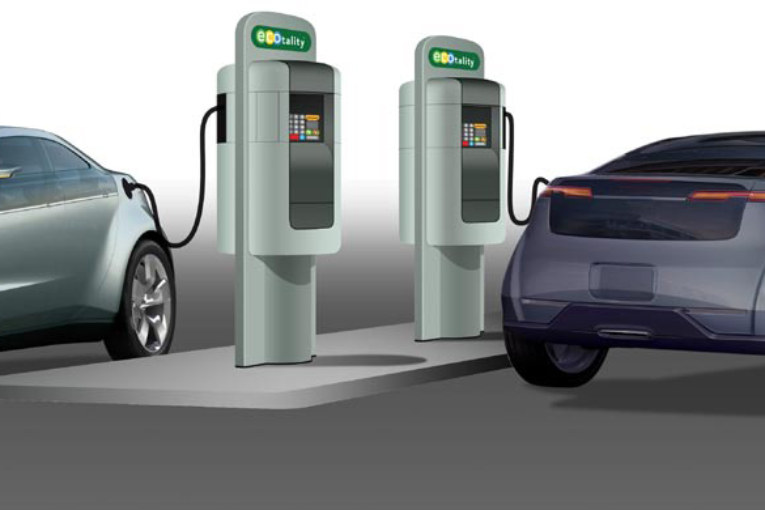Only the sky is the limit when it comes to cloud-based solutions (pun intended). You may simply add and delete functionalities to create a system that matches your individual needs with smart EV charging service. Existing charging stations may be modified to include additional features. As a result, intelligent EV charging is also future-proof.
Save money and the environment
The number of electric vehicle drivers continues to rise, necessitating greater flexibility in the future. Energy providers might even start giving incentives to EV owners for charging at reduced power, scheduling charging events during low-consumption hours, or allowing their car batteries to be utilised as power reserves for a short period of time.
Avoid arguments with neighbors
All EV drivers are invoiced after charging depending on the station tariff with smart charging. It everything happens automatically, so neither you as an EV motorist nor the owner of the charging station need to be concerned about payments. Because automated billing is dependent on customer identification, the charging event will only begin once you have successfully identified yourself at the station
Monitor your electricity consumption
Connecting the charging device to a charging service, which automatically gathers consumption statistics, helps resolve neighborly conflicts over your increasing power usage. Charging charges are collected directly from the EV owner in this manner. To assist customers who drive corporate cars, the service may automatically report the charges of both public and home charging to the employer.
Optimize charging time
Timing may be adjusted using smart charging based on the pricing at the local electrical market, such as Nord Pool Spot. As prices reflect power demand, this saves money while simultaneously benefiting the environment and the electrical grid. EV charging balances the supply and demand of power and reduces the requirement for electricity generation through charging time optimization.
Why investors should pay attention to the EV charging stations
It targets to the growth
India’s automobile sector is the world’s fifth-biggest, with plans to become the third-largest by 2030. Reliance on traditional means of fuel-intensive mobility to cater to a large domestic market would not be sustainable. To address this, the federal government is developing a “Shared, Connected, and Electric” mobility option, with the ambitious aim of achieving 100% electrification by 2030.
India stands to gain on several fronts by shifting to electric vehicles (EVs): it has a relative wealth of renewable energy supplies and qualified workforce in the technical and manufacturing industries.
Incentives and tax benefits
The government’s incentives and tax breaks can help lower the overall cost of electric automobiles. If you buy an environmentally friendly car, make sure to examine the exact proportion of incentive and tax advantages you will receive. The Indian government also provides various incentives, such as reduced service tax (GST), which lowers the cost on electric vehicle charging station.
Battery life
One of the most crucial components of an electric vehicle is the battery pack. The cost of replacing an electric vehicle’s battery pack can be substantial. Always verify the battery life before purchasing an environmentally friendly vehicle. The lesser the maintenance expense, the longer the battery life.


